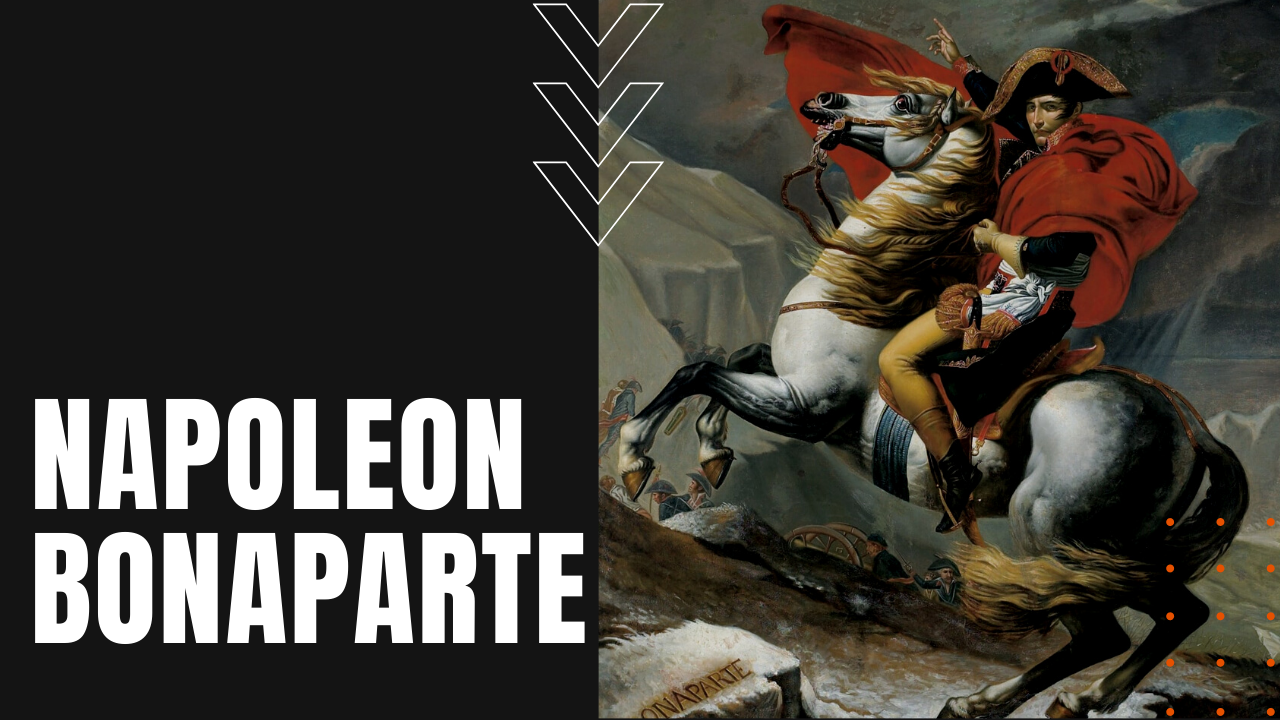Napoleon Bonaparte: Emperor, Conqueror, Exile, and Death

Conquering much of Europe in the 19th century, Napoleon Bonaparte was a French military leader who rose through the ranks during the volatile years of the French Revolution, seizing political power in coup d’état in 1799. Three years later, he crowned himself emperor of France, working to restore post-revolutionary stability by centralizing the government and instituting reforms in banking and education.
Napoleonic Code and Wars
He also created the Napoleonic Code of law, which streamlined the French legal system and remains the foundation of French civil law to this day. From 1803 to 1815, France became mired in the Napoleonic Wars, which was a series of major battles against coalitions of European nations.
At the same time, Napoleon brokered the sale of the Louisiana Territory to the United States, while re-establishing the French aristocracy, which had been eliminated during and because of the French Revolution. Napoleon’s eventual downfall occurred in 1812 Russia, when he led a massive army assault on Moscow. Finding the city abandoned and equally stripped of possible supplies, Napoleon was forced into what would become a brutal winter retreat back toward France. Of his 600,000-man army who had so boldly invaded Russia, only about 100,000 made it home.
Napoleon Abdicates and Reassumes
Other losses were to follow, including the 1813 Battle of Leipzig and the Peninsular War, which ended in 1814, resulting in the occupation of Paris by coalition forces made up Austria, Prussia, Sweden and Russia. Resulting from his overwhelming defeat, on April the 6th, 1814, Napoleon was forced to abdicate the French throne, followed by his forced exile to the Mediterranean island of Elba off the Italian coast.
On February 26th, 1815, Napoleon escaped Elba and sailed for France with more than 1,000 supporters, and after his triumphant return before exuberant Parisians, when new king Louis XVIII fled the country, Napoleon began what is now known as his Hundred Days Campaign. Napoleon raised a new army and on June 16th of that same year he invaded Belgium, where he defeated the Prussians at the Battle of Ligny.
Two days later, Napoleon was crushed by the British at the Battle of Waterloo, forcing Napoleon to once again abdicate his throne on June 22nd, 1815. Exiled this time to the British-held island of Saint Helena in the South Atlantic Ocean.
Death and Entombment
Napoleon died on May 5th, 1821 at 51 years of age, most likely from stomach cancer. 19 years later, in an attempt to honor Napoleon’s wishes, his body was returned to France and entombed in a crypt at Les Invalides in Paris, ending an era filled with copious amounts of bloody warfare and high-court pageantry.
